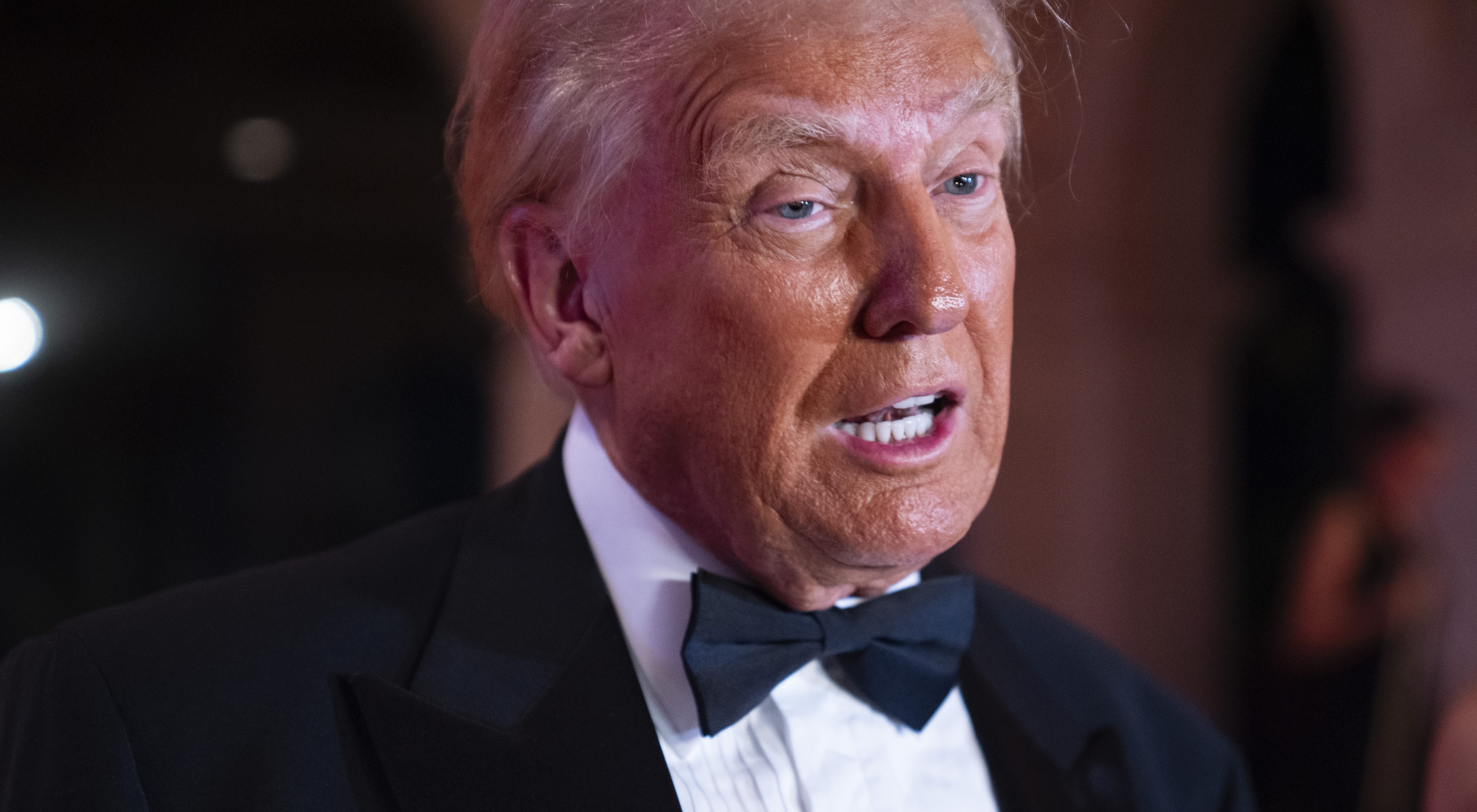
Colombia on Tuesday began the sterilization of hippopotamuses, descendants of animals illegally brought to the country by late drug kingpin Pablo Escobar in the 1980s.
Two male hippos and one female underwent surgical sterilization, environmental authorities said. It is part of a larger government effort to control the population of more than 100 of the mammals that roam around unsupervised in some rivers.
The plan includes the sterilization of 40 hippos a year, transfer some of them to other countries and possibly euthanasia.
Get top local stories in San Diego delivered to you every morning. >Sign up for NBC San Diego's News Headlines newsletter.
The hippos, which spread from Escobar’s estate into nearby rivers where they flourished, have no natural predators in Colombia and have been declared an invasive species that could upset the ecosystem.
A group of hippos was brought in the 1980s to Hacienda Nápoles, Escobar’s private zoo that became a tourist attraction after his death in 1993. Most of the animals live freely in rivers and reproduce without control.
Sterilization takes time, because spotting and capturing the territorial, aggressive 3-ton animals is complicated, David Echeverry López, chief of the environment office in charge of the plan, said in a video distributed to the press.
U.S. & World
Rain events around the area have complicated efforts to capture the animals. More grass means "they have an oversupply of food, so baiting them to capture them becomes even more complicated,” Echeverry said.
The government estimates there are 169 hippos in Colombia, especially in the Magdalena River basin, and that if no measures are taken, there could be 1,000 by 2035.
When the plan was first announced, the environment ministry said the procedure is expensive — each sterilization costs about $9,800 — and entails risks for the hippopotamus, including allergic reactions to anesthesia or death, as well as risks to the animal health personnel.



